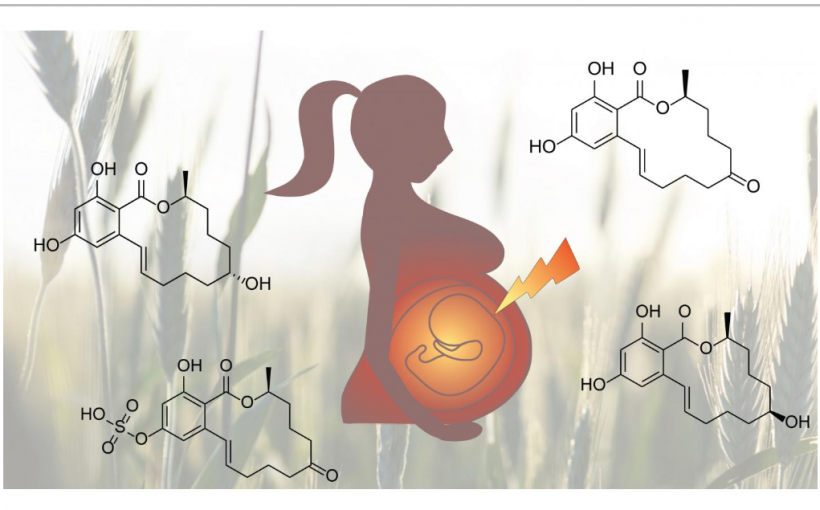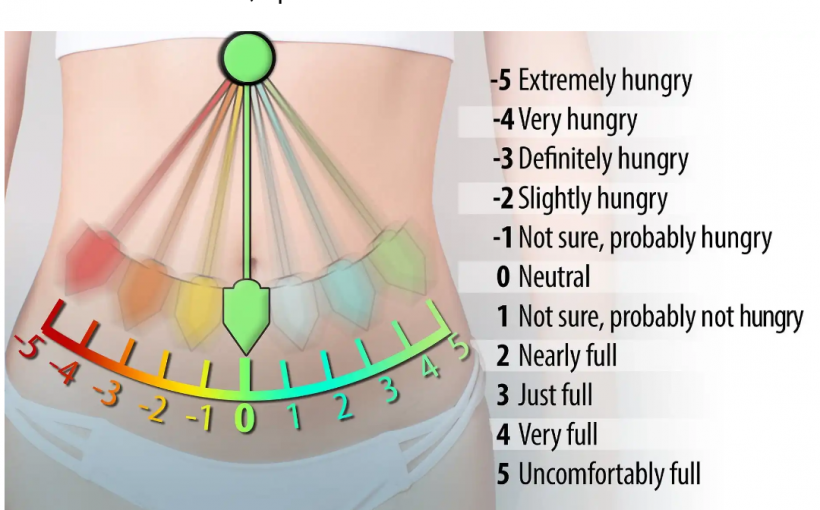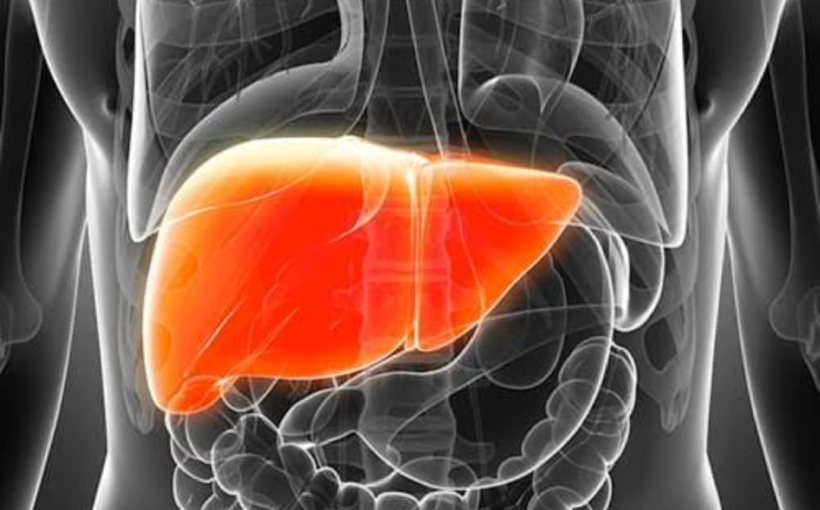Xenoestrogens are absorbed through the environment, especially through food. As oestrogen-like substances, they can have a profound effect on the

stay healthy…

Xenoestrogens are absorbed through the environment, especially through food. As oestrogen-like substances, they can have a profound effect on the
NIH mouse study could prompt scientists to rethink how benzodiazepines work Between 1999 and 2017, the United States experienced a

Rotavirus infection may play a role in the development of type 1 diabetes, according to a front matter article published

A weight loss psychologist has created an appetite pendulum – which can help you to recognise how much food your body
Millions of people around the world are affected by pain, a multidimensional experience characterized by interactions between our emotional, cognitive,
A unique type of immune cell has been discovered in human breast tissue, and breast cancer patients with more of
Antiretroviral therapy (ART) can suppress HIV to the point where the virus is nearly undetectable, and people on medication can
The ability to hear relies on neurons to constantly transmit information at very rapid timescales. This rapid rate of information
A new preclinical study by University at Buffalo researchers reveals the genetic basis of relapse, one of the most detrimental

A report in the Journal of Molecular Diagnostics describes a new and powerful laboratory tool that may improve the diagnosis and treatment